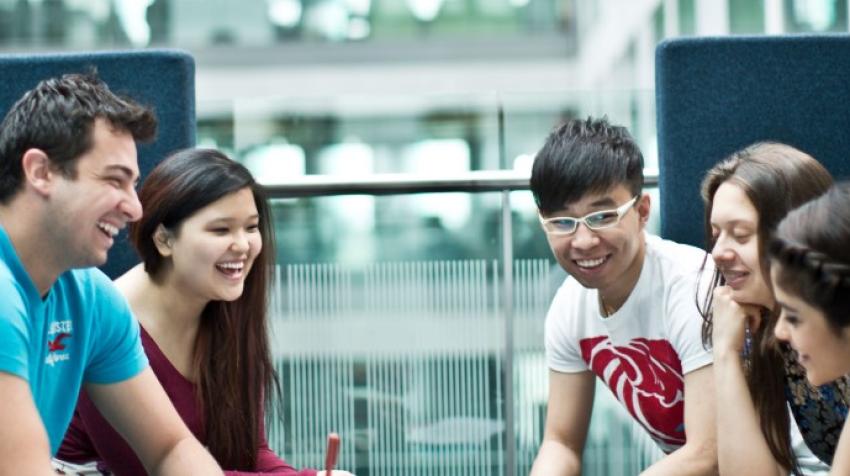
Rising to the Challenge: Engaging Students in a New Sustainable Way
Within the framework of the sustainability strategy of Manchester Metropolitan University, a UNAI member institution in the United Kingdom, Rise Academy, as part of Rise, is an initiative aiming to provide answers to these questions: How do we engage students in sustainability? And how can online learning, creativity, innovation, and community building sit within this? Rise gives students a wide range of opportunities to explore various extra-curricular events, activities, projects, and internships.

University Researchers Improve Energy Efficiency through Innovative Software
Within the 2030 Agenda for Sustainable Development, Goal 7: Affordable and Clean Energy makes within two of its targets concrete references to a concept widely used over the past few years and yet, not universally understood. “Double the global rate of improvement in energy efficiency” and “enhance international cooperation to facilitate access to clean energy research and technology, including renewable energy, energy efficiency and advanced and cleaner fossil-fuel technology” are within the targets of Goal 7.
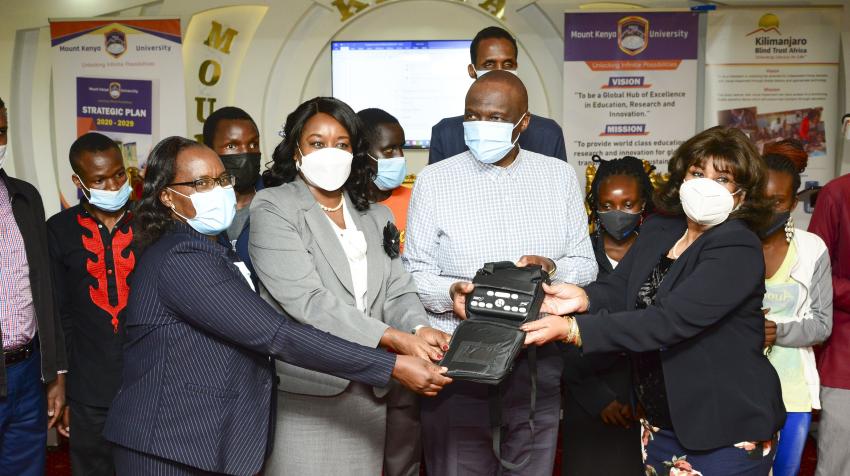
Fostering Inclusion of Persons with Disabilities from Academia
3 December is the annual observance of the International Day of Persons with Disabilities, proclaimed in 1992 by United Nations General Assembly. It aims to promote the rights and well-being of persons with disabilities in all spheres of society and development and increase awareness of their situation. This year, the theme for this day is “Leadership and participation of persons with disabilities toward an inclusive, accessible and sustainable post-COVID-19 world.”
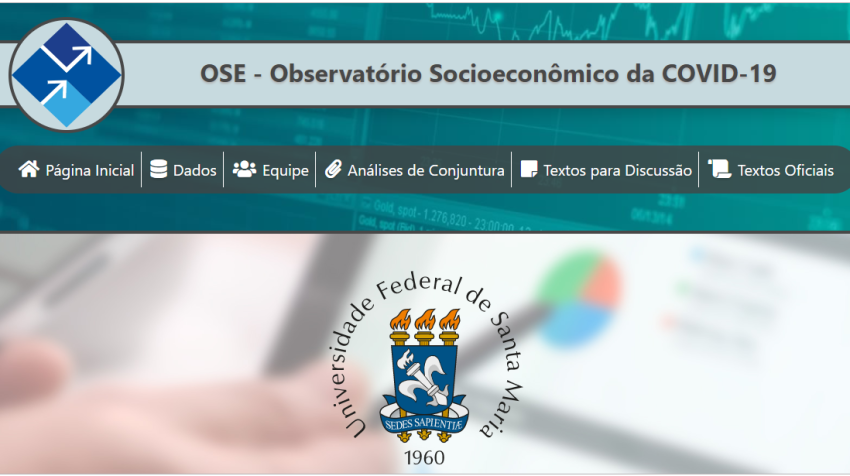
Countering Misinformation in Times of COVID-19: University Creates Socio-Economic Observatory
Due to the ongoing COVID-19 pandemic in several parts of the world, measures have been adopted to counter it and prevent the spread of the virus. However, such efforts have had repercussions in many different areas, activities, and segments of society, with a wide range of consequences. In this context, the Federal University of Saint Mary - UFSM, a UNAI member institution in Brazil, had the initiative of showcasing the effects of this pandemic, particularly regarding economic and social issues.
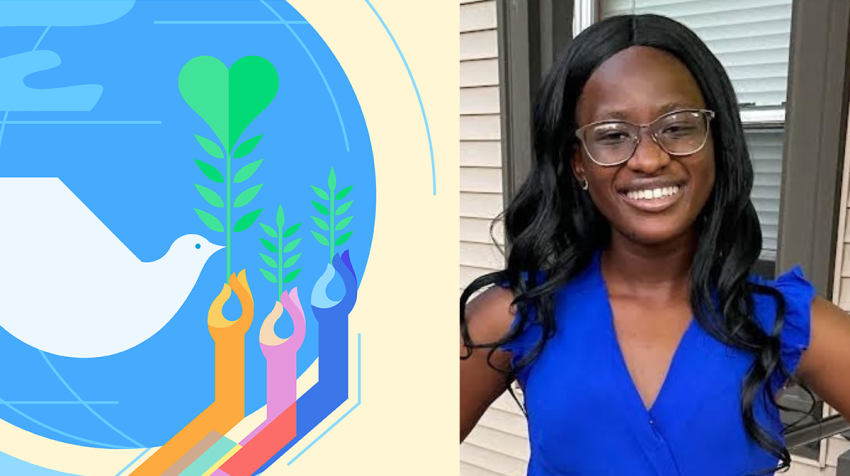
Youth Action for Peace: Rebecca Turay
Rebecca Turay (United States) recently graduated from Curtis High School in Staten Island, New York and is currently attending Brooklyn College. She is of Sierra Leonean descent. Ms. Turay represents the City University of New York C.S.I. Liberty Partnerships Program and Children’s Aid. In her statement below, Ms. Turay presents her experience of fighting racism through education as a tutor and a student.
If we only consider peace to come after conflict ends, we limit our chances of building a better and peaceful future. I welcome all of us to brainstorm ways for us to bring peace for ourselves, peace to each other, and peace for the world.

Youth Action for Peace: Naomi Sugita Reis
Naomi Sugita Reis (Brazil) is a student of Human Rights and International Cooperation at the University of Bologna, Italy. She volunteers to promote social justice, international migration and multiculturalism in Latin America and Europe and has represented the Brazilian youth in events organized by the United Nations. She serves as the Youth Moderator for the 2021 International Day of Peace Youth Observance. Read her statement on peace below:
Hello, everyone! My name is Naomi Sugita Reis, and I am honoured to be the Youth Moderator of the 2021 International Day of Peace Youth Observance.
The 2021 theme for the International Day of Peace is “Recovering better for an equitable and sustainable world”. With the hope to overcome the immensurable trauma caused by the COVID-19 pandemic, we get together today, to share ideas and solutions about transforming our world for the better, and to be inspired by many acts of kindness and stories of resilience.
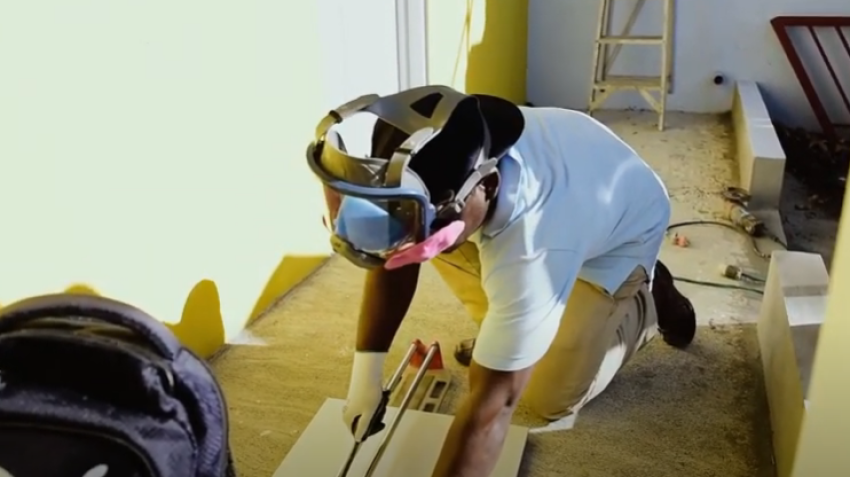
Providing Skills To Improve Livelihoods and Resilience in Grenada
The T. A. Marryshow Community College – TAMCC, a UNAI member institution in Grenada, an island country in the Caribbean Sea, is one of the vital implementation partners of the US$14 million Climate-Smart Agriculture and Rural Enterprise Programme (SAEP). This initiative, funded by the Government of Grenada, the Caribbean Development Bank, and the International Fund for Agriculture Development -a specialized agency of the United Nations-, is centered on assisting beneficiaries to improve their livelihoods.

Youth Action for Peace: Abraham Lugo
Abraham Lugo (Venezuela) is an LGBTQ+ immigrant and an advocate for peacebuilding, social justice and immigrant rights. He is an undergraduate student and the Student Body Vice President at the University of Nevada, Las Vegas, United States. In his statement below, Mr. Lugo introduces a virtual campaign “United After” that targets youth and shows how COVID-19 affects different communities and individuals.
Hello everyone, my name is Abraham Lugo, I am an LGBTQ+ immigrant from Caracas, Venezuela, and a grassroots advocate for both social justice and peace building work.
In the wake of COVID-19, all of our lives on this earth were uprooted into uncertainty, resulting in a vast showcasing of social, economic, and racial disparities across the world.

What Does ‘UN’ Mean To You?: Voices of University Students
The United Nations reaches its 76th anniversary with a wide range of global challenges that require both consensus and coordinated multilateral responses. The report recently launched by the Secretary-General titled Our Common Agenda, clearly outlines that “just as the founders of the United Nations came together determined to save succeeding generations from the scourge of war, we must now come together to save succeeding generations from war, climate change, pandemics, hunger, poverty, injustice and a host of risks that we may not yet foresee entirely.”
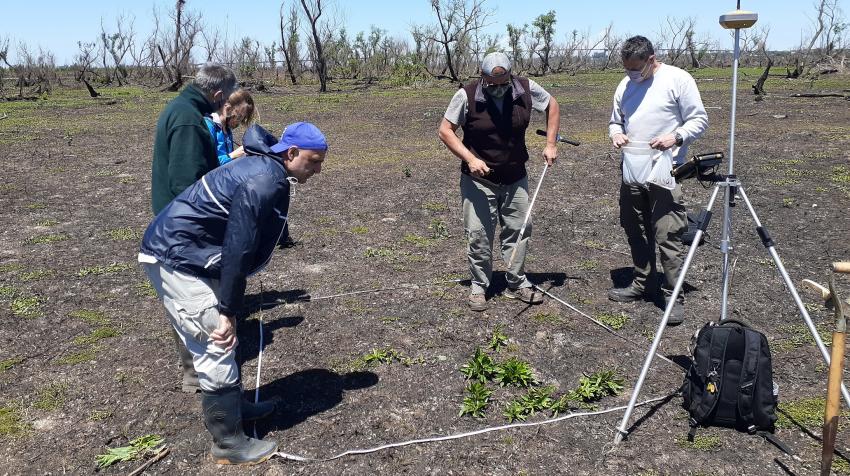
Researching the Environment: Argentinian University Monitors Impact of Fires on Wetlands
The Paraná River, in South America, with an extension of around 5,000km and running through Brazil, Paraguay, and Argentina, is second in length within the subregion, and it has a significant economic relevance, in terms of livelihoods for fishermen, trade of goods and generation of hydroelectric power. The delta of the Paraná River is a set of wetlands that supply water, food, storage of greenhouse gases, transportation, and leisure, among other benefits.
Amid the COVID-19 pandemic and during much of 2020, this territory had to withstand fires that affected more than 17% of its surface, causing severe socio-environmental impacts. Due to alterations fire generates in these ecosystems, it is challenging to reverse such damages in the short, medium, and long term. One of the components that undergo substantial modifications is the soil since its natural functions are affected, and the environment is inevitably affected.

Youth Action for Peace: Lena Silberman
Lena Silberman (United States) is a student at Cañada College in California. She earned her Bachelor’s degree at California Polytechnic State University, graduating with honours and a double major in Comparative Ethnic Studies and Sociology. In her statement below, Ms. Silberman talks about how the “Peace Flag” project brought togetherness to her community despite the physical restrictions of the pandemic.
It is acutely obvious that we are in the midst of unprecedented times. In addition to the ongoing challenges to peaceful co-existence, we face two separate existential threats that magnify those challenges exponentially: a global pandemic and global warming. Both require us to work together even as one of them requires us to be physically apart.
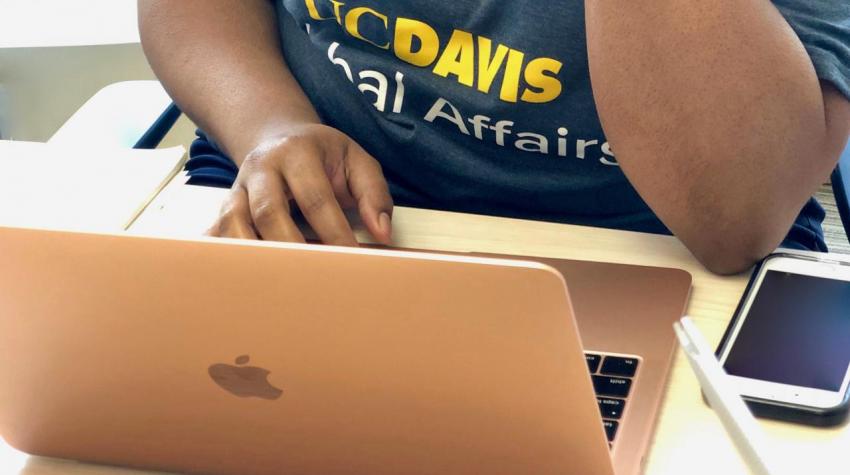
Advancing the SDGs on Campus and Beyond: University Presents Voluntary Review
While the international community has a direct responsibility towards achieving the Sustainable Development Goals (SDGs) as outlined in the 2030 Agenda, stakeholders such as institutions of higher education are also called to implement such Goals. Voluntary reviews mechanisms to measure progress at the country level, aimed at enhancing decision-making and the development of more robust sustainable policies, have been showcased annually during the High-Level Political Forum on Sustainable Development.
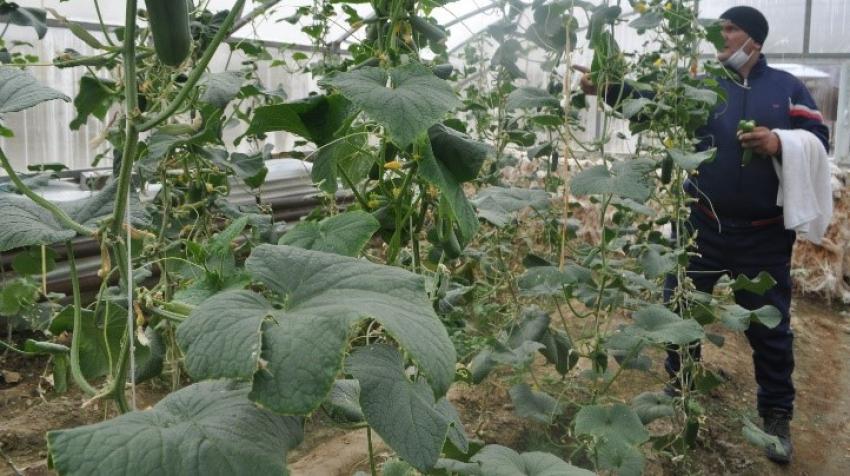
University Researches the Use of Geothermal Resources to Improve Food Security in Tajikistan
Food and nutrition insecurity are major emerging issues in the mountainous areas of Central Asia, particularly in the Gorno-Badakhshan autonomous region (GBAO) in eastern Tajikistan. To address these issues and within the framework of the Sustainable Development Goal 2: Zero Hunger, the Mountain Societies Research Institute (MSRI), part of the University of Central Asia, a UNAI member institution, is working with a wide range of stakeholders in food system research.

Youth Action for Peace: Jackline Kyaruzi
Jackline Kyaruzi (Tanzania) is a Youth Ambassador of the Roots & Shoots Programme under the Jane Goodall Institute. She is currently studying Wildlife Management at the College of African Wildlife Management, Mweka in Tanzania. In the statement below, Ms. Kyaruzi introduces her work on wildlife conservation and sustainability education.
Jambo, I am Jackline Julius Kyaruzi. I am a youth representative for Jane Goodall’s Roots & Shoots from Western Tanzania and I study wildlife management at the College of African Wildlife Management, Mweka, located at Kilimanjaro in Tanzania.
This year has been a difficult year around the world. Here in Tanzania, many people have lost much income, their health and even their lives because of COVID-19. Climate change and conflict have affected many of our people.

Youth Action for Peace: Rinor Jani
Rinor Jani (Albania) is a Representative of Pathways to Peace to the United Nations. He also serves on the United Nations Department of Global Communications Youth Steering Committee. He is pursuing a Bachelor’s degree in Human Rights at Columbia University in New York City, United States. In his statement, Mr. Jani introduces his advocacy work for nuclear disarmament in Albania and the Balkan region. Read Mr. Jani's statement on peace below:
Hello Everyone!
It is an honor to be here with fellow peacebuilders to celebrate International Day of Peace. My name is Rinor Jani and I am a Pathways to Peace Representative to the United Nations. I primarily work on nuclear disarmament advocacy for Albania and the Balkan region. I also serve as a committee member on the UN Department of Global Communications Youth Steering Committee.
